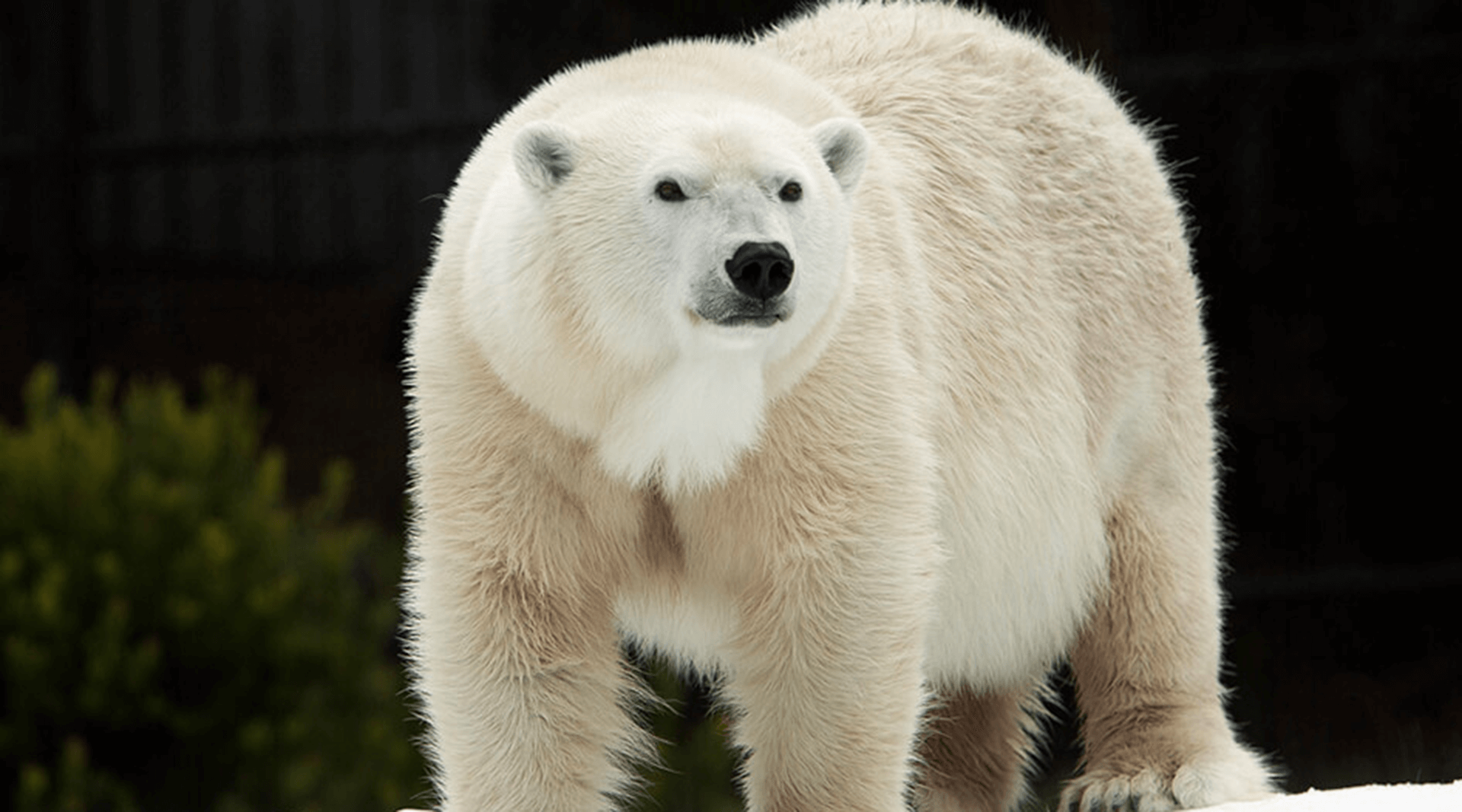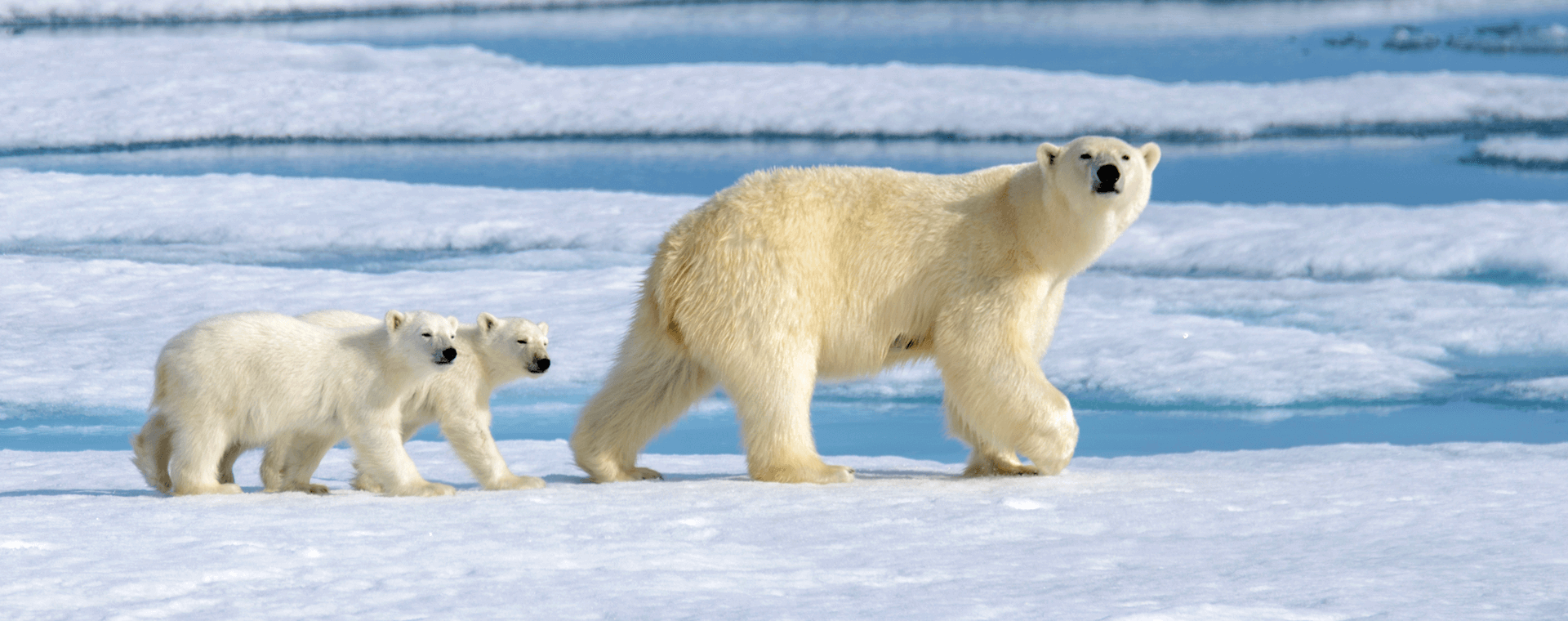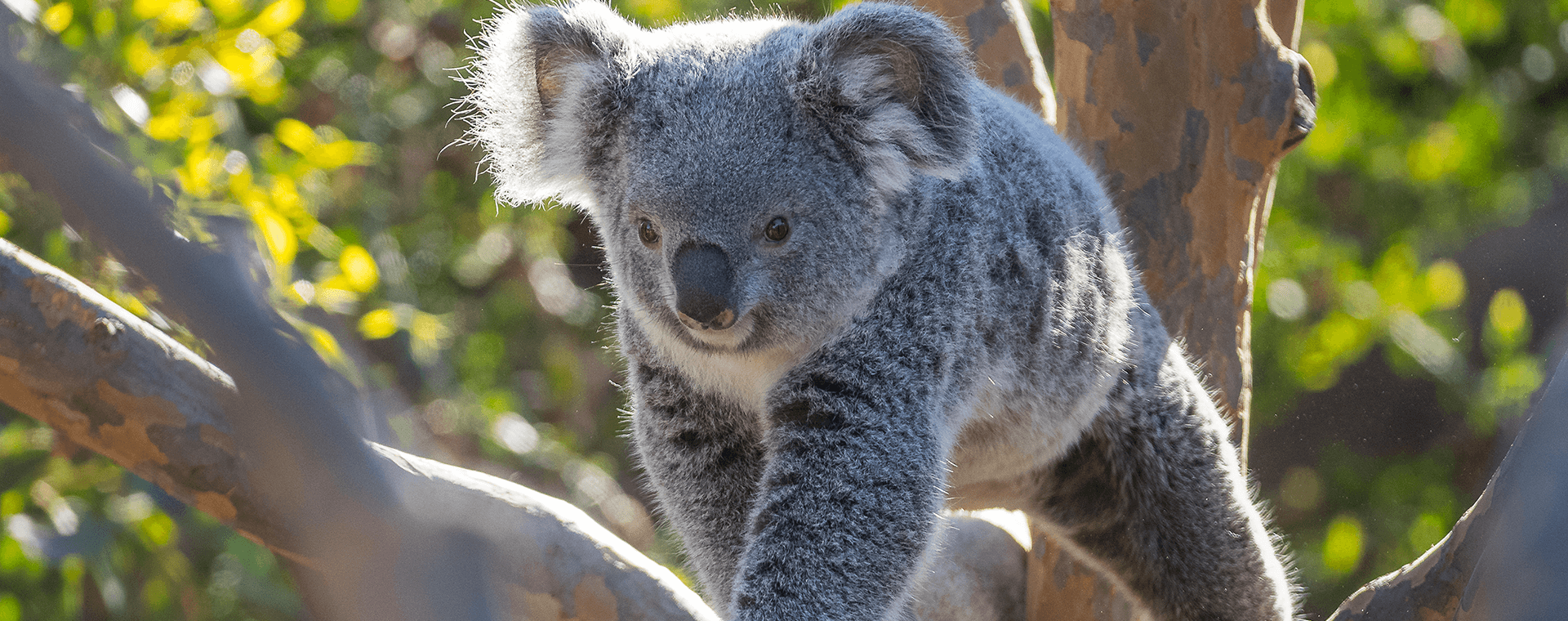Help Us Slow Climate Change
Human activities are changing the composition of the atmosphere, accelerating the rate of global climate change. As our climate is now changing more rapidly than ever before, so are regional climates, environments, and habitats. Impacts of global climate change include altered precipitation patterns, more intense storms, flooding, drought, and wildfires.
As animals, pathogens, and disease vectors shift their distribution in response to changing climatic conditions, we know that changes in disease transmission patterns are changing, too. As average temperatures increase, disease vectors such as mosquitoes will move into areas that were once too cold for them to develop.



